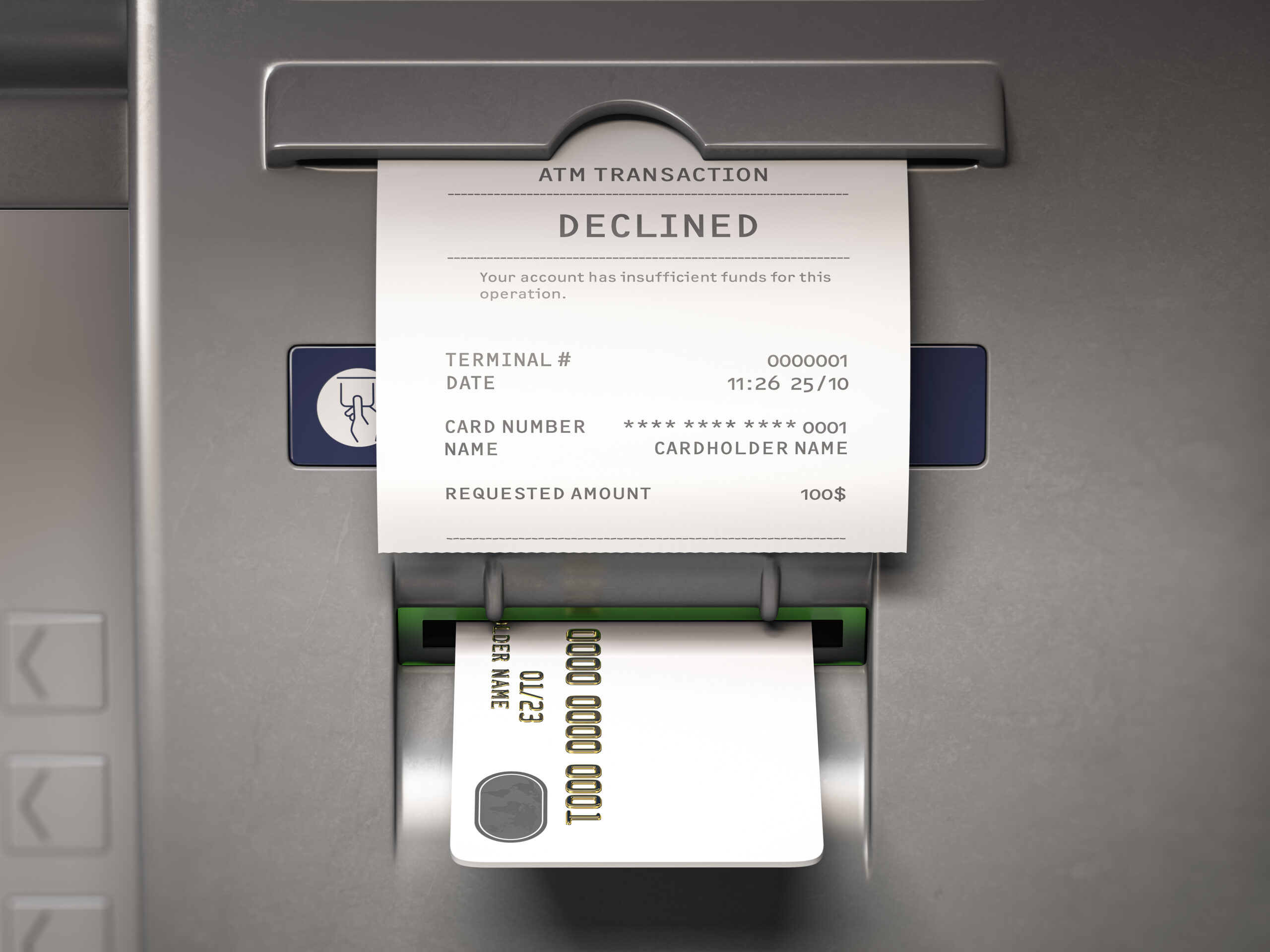Fighting Fraud: Common Bank Scams
In our last article, we talked about the SCAM framework: a simple four-step process to help you stay safe online. Today, we’re going to go over the basics of banking scams.
It seems like every other day, there’s a new story in the news about someone being scammed out of their life savings by a clever bank scheme. Bank scams are becoming increasingly sophisticated and difficult to detect. It can be hard to tell when someone is trying to scam you, since they may pose as a business or even a friend. Scammers are becoming increasingly sophisticated in their methods, so it’s important to be aware of the most common types so that you can protect yourself.
One common bank scam is the impostor scam: when someone posing as a bank representative, a business, or a person you know calls you on the phone and asks for money, account information, or personal information. They may even know your account number and routing number, which makes it seem like they are legitimate. These scams can be very convincing, but it’s important to remember that you should never give out sensitive information like your social security number or bank account information to someone you don’t know. If you’re not sure whether a message or phone call is legitimate, it’s best to err on the side of caution and not respond.
Scammers will often try to pressure people into paying them money by posing as debt collectors, utility companies, or even the IRS.
One of the easiest ways to spot these scams is to look for unusual payment methods. When you’re asked to pay in an unusual way, like gift cards, bitcoin, prepaid debit cards or digital currency, it can be a sign that you’re being scammed. Scammers are becoming increasingly sophisticated in their methods, and one of the ways they do this is by asking for payments in ways that are difficult to trace.


One of the most common scams involving unusual payment methods is when someone asks you to pay with a gift card. They may ask for the card number and PIN or even the security code on the back of the card. Gift cards are often difficult to trace, so scammers think they can get away with this type of scam.
Another common scam involving unusual payment methods is when someone asks for payment in bitcoin or other digital currencies. These currencies are difficult to track and can be used for illegal activities, so scammers often use them for fraud schemes. Be very careful about any requests for payment in bitcoin or other digital currencies, as they may be signs of a scam.
If you authorize a transfer or send money to a scammer, there’s often little your bank can do to help get your money back. Unfortunately, when it comes to bank scams, once the money is gone, it’s often gone for good.
This is because bank scams are often perpetrated by criminals who are located in other parts of the world and are difficult to track down. Even in the unlikely event that your bank does manage to find the scammers, the chances of getting your money back are slim.

When it comes to avoiding scams, knowledge is power.
By being aware of the different types of bank scams and how scammers operate, you can protect yourself from becoming a victim. Remember that if something seems too good to be true, it probably is, and never give out your personal information or banking details to someone you don’t know.
Through education and awareness, we can all work together to fight back against scammers and keep our hard-earned money safe.